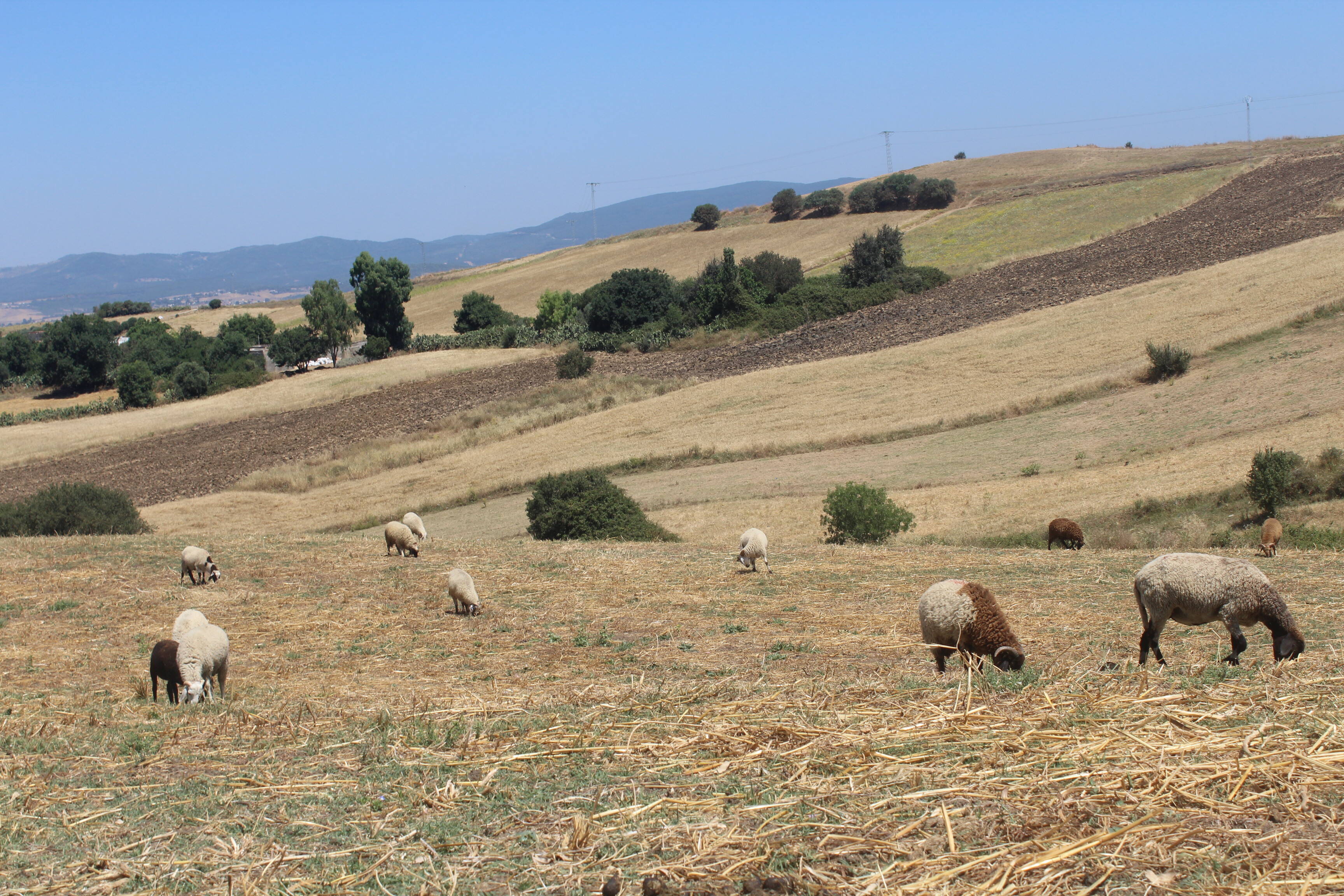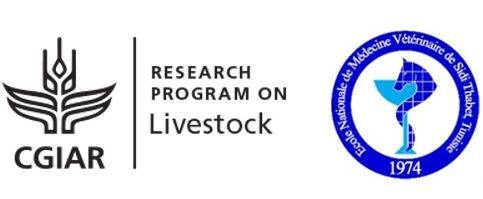Targeted Breeding to Defeat Drug Resistant Gastrointestinal Worms in Sheep

By Dr. Mourad Rekik - Principal Scientist - Small Ruminant Physiology
Tunisian sheep reared in harsh conditions characterized by food and water scarcity are known as tough and hardy. But one concern of sheep farmers is gastrointestinal worm infestations.
The signs of this type of infection are unmistakable: the animals waste away, breed less, produce little milk, and the quality of their wool deteriorates. Heavily infected sheep are likely to die from the parasite infestation, leading to serious economic losses for their owners.
More worrying is how after decades of administering chemical deworming medication to livestock, the parasites have become resistant to the most common molecules.
Not only is the number of new drugs very limited to treat this type of ailments, but they tend to leave chemical residues in meat and milk and cause the destruction of vital soil microfauna.
So, what are the options left for farmers, who struggle to rid their sheep of parasites amidst mounting veterinary bills and hard to come by or inefficient drugs?
Better genetics through selective breeding offer a glimmer of hope.
New studies from ICARDA and the National School of Veterinary Medicine of Sidi Thabet, Tunisia, reveal that some indigenous sheep breeds are more resistant than others due to their genetic makeup.
ICARDA, in collaboration with the National School of Veterinary Medicine of Sidi Thabet under the CGIAR Research Program on Livestock framework, has adopted a novel approach to investigate and find a solution against gastrointestinal worms in sheep.

Our priority, before getting into the purely genetic exploration, was to identify resistant animals among various local sheep breeds.
In a study carried out in Tunisia, we collected fecal and blood samples, as well as fragments of digestive tract tissues of indigenous sheep brought to commercial slaughterhouses in Northern Tunisia.
Hematological and biochemical parameters, as well as fecal egg counts were estimated. Worms nestled in the digestive tract were collected, identified, and counted. The sheep DNA was extracted and amplified by Polymerase Chain Reaction (PCR), a fast and inexpensive technique that copies small DNA segments.
We then compared resistant sheep cohorts to more vulnerable groups by looking at 35 candidate regions of the genome that showed differentiation.
We identified 19 regions harboring worm-resistant genes able to enhance the animal’s immune response, and reduce its susceptibility to the parasites.
Ten other regions were responsible for sheep growth, meat, carcass weight and anatomy-related traits. The analysis also revealed candidate regions with immune defense boosting genes, intestinal wound healing and repair, and parasite expulsion.
With this study, we were able to identify different strategies undertaken by traditionally managed indigenous sheep to enhance parasitic resistance and developmental stability.
We have now established solid foundations to investigate genomic regions of functional significance, which will give us a much better understanding of the architecture of parasitic resistance and enable our livestock teams to plan and execute breeding programs that can multiply resistant sheep across community herds.


Dr. Mourad Rekik is a principal scientist in small ruminant physiology
Co-authors:
- Mohamed Gharbi, ENMV – Tunisia
- Mariem Rouatbi, ENMV – Tunisia
- Joram Mwacharo – ICARDA
- Aynalem Haile – ICARDA
Read the studies here:
• “Individual variability among autochthonous sheep in Northern Tunisia to infection by abomasum nematodes and Babesia/Theileria parasites.” Veterinary Medicine and Science, 2021
• “Genome-wide insights on gastrointestinal nematode resistance in autochthonous Tunisian sheep.” Scientific Reports, 2021
